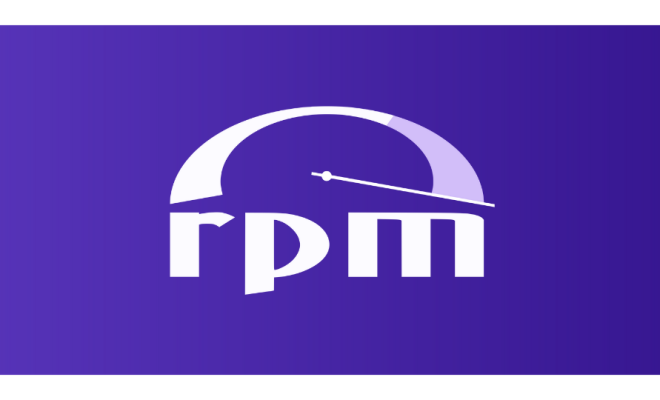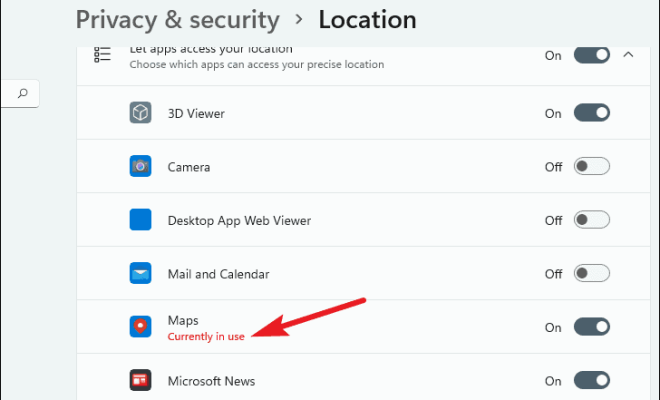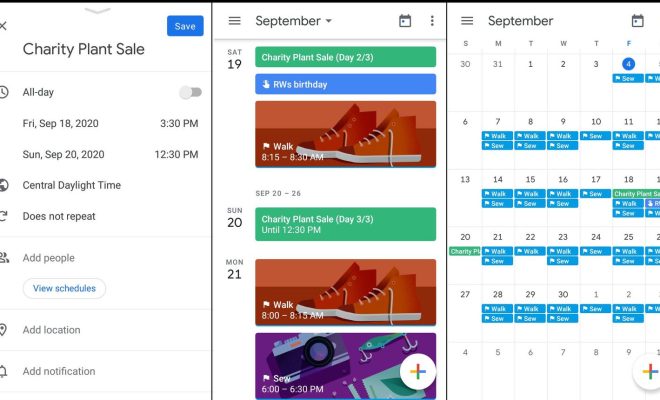What Is an RPM File?

An RPM (Red Hat Package Manager) file is a package file format used by several Linux operating systems, including Red Hat Enterprise Linux, Fedora, and CentOS. It is a software package management system that allows users and system administrators to easily install, update, and manage software packages.
Software packages are typically distributed in RPM format for Linux-based operating systems. These packages contain software applications, libraries, drivers, and other dependencies necessary for the software to run properly. In other words, an RPM file is essentially a compressed archive that contains all the necessary files and scripts needed to install and run a particular software package on a Linux system.
An RPM file is typically named with the format package_name-version-release.architecture.rpm. For example, the RPM package for the popular text editor, Vim, is named vim-enhanced-7.4.160-4.el7.x86_64.rpm.
The first part of the name, package_name, is the name of the software package. The version and release numbers indicate the version and build of the package. The architecture field is used to specify the type of CPU architecture that the software is designed to run on, such as x86_64, i686, or armv7hl.
To install an RPM file, the user typically needs root-level permissions. The installation process involves extracting the compressed package files, executing installation scripts, and resolving dependencies with other software packages on the system. Once installed, the software can be run as usual.
One of the main advantages of using RPM files is that they simplify the process of managing software packages on Linux systems. Unlike other package formats, such as DEB files, RPM files include support for automatic dependency resolution, which ensures that all required dependencies are installed automatically during the installation process.
Overall, RPM files are an important tool for Linux system administrators and users, enabling them to easily manage software packages and ensure that they are installed properly and run correctly. Whether you’re installing new software or updating existing packages, RPM files provide a reliable and convenient way to manage software on Linux systems.





